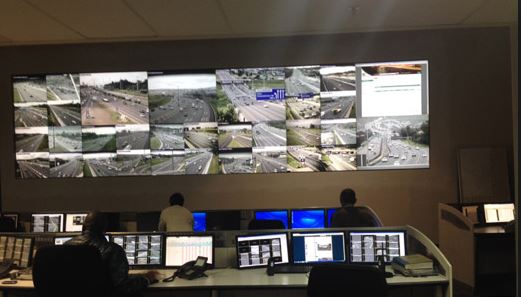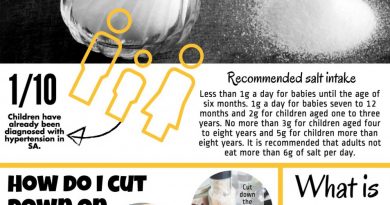SANRAL: all e-toll documents publicly available
Pretoria, 04 September 2014 – All documents regarding the whole process around the Gauteng Freeway Improvement Project are publicly available should the Gauteng provincial panel reviewing the e-tolls wish to peruse them.
The tolls are on a national road which is a national competency. The roads agency is of the opinion that its participation in the review process would be inappropriate as the matter had been decided in relevant structures – the Cabinet approved the matter in 2007.
Furthermore, the Minister of Transport stated as recently as the 15th July in her Budget Vote speech that there is no review of “neither policy nor the legislation governing urban tolling or any other tolling” that has been undertaken by government. SANRAL is very clear about where it reports. Until the agency is advised otherwise by national government, it will carry on implementing what is government policy.
The documents on the Gauteng Freeway Improvement Project answer questions as to how it was conceived; the role played by the Gauteng provincial government, why it was decided to go the e-toll route, the advantages of the upgrading of these highways and the pro-active steps to favour the poorer communities.
They have been in the public domain for years.
“The fact that we have exempted public transport – including taxis that are registered – from all toll fees, demonstrates our concerns about the rising cost of living among the poor, who predominantly use public transport,”
says Vusi Mona, SANRAL’s head of communications.
Open-road tolling was only introduced after comprehensive studies by respected economists pointed to the cumulative negative impact of traffic congestion on economic activity. A clear case was made to improve the quality of the highway network in the province and to address the high impact of congestion, wasted fuel, travel times and productivity.
“We took a long term perspective and also considered the consequences for the economy and its ability to create jobs and growth opportunities should the road infrastructure not have been addressed,”
says Mona.
Following a process of consultation – which has since passed the scrutiny of the courts after legal actions brought by opponents – a considered decision was taken to fund the construction of the improved highway through open-road tolling.
Among the reasons why this specific method of funding was chosen it that it provides options that favour poorer communities through exemptions, special discounts and flexible tariffs. A blanket increase in the fuel levy, as favoured by COSATU and other opponents such as OUTA and the Democratic Alliance, would not have provided SANRAL with this flexibility.
SANRAL implements government policy, Mona said, and any change or review of policy is a political process that the agency will not enter.




